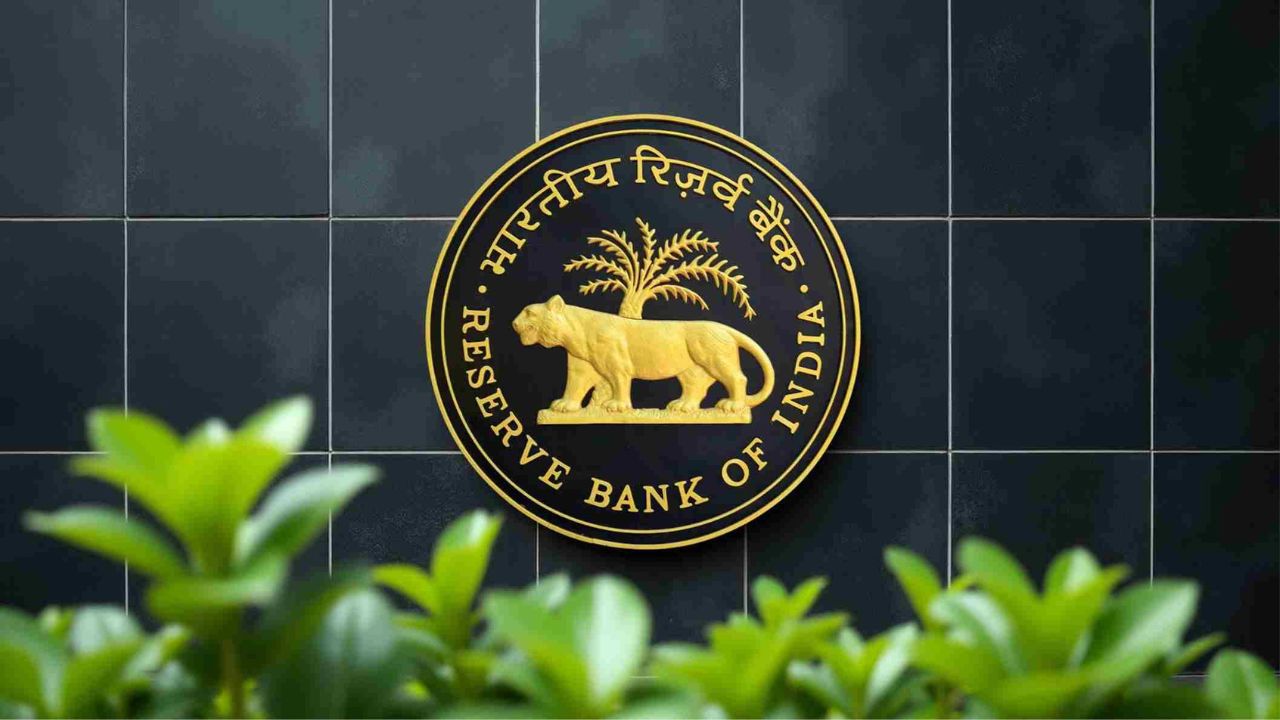The Reserve Bank of India (RBI) has taken a significant step towards shaping the future of artificial intelligence in the country’s financial sector. The central bank released the report of a high-level committee it had set up in December 2024 to draft guidelines for the responsible use of AI. The result is the Framework for Responsible and Ethical Enablement of Artificial Intelligence (FREE-AI), designed to guide banks, non-bank lenders, fintech companies, and other institutions in deploying AI responsibly.
Also Read | Perplexity’s $34.5 Billion Gamble: Can an AI Startup Really Buy Google Chrome?
Seven Sutras for Responsible AI
At the heart of the framework are seven guiding principles, termed the Seven Sutras. These include trust as the foundation, a people-first approach, innovation over restraint, fairness and equity, accountability, understandability by design, and safety, resilience and sustainability. The RBI believes these principles strike the right balance between fostering innovation and managing potential risks.
26 Recommendations Across Six Strategic Pillars
The FREE-AI report outlines 26 actionable recommendations spread across six strategic pillars — infrastructure, policy, capacity, governance, protection, and assurance.
Under infrastructure, the panel suggests building shared digital infrastructure to support AI development, alongside creating an innovation sandbox for secure testing.
The policy pillar recommends that financial institutions adopt board-approved AI policies, revisited periodically as technology evolves. It also calls for the creation of a permanent RBI body to monitor AI advancements and risks.
The capacity pillar focuses on skill development, urging AI training programmes for board members, executives, staff, and regulators.
In governance, the framework stresses the need for robust data governance and mandates including AI in risk assessments, approvals, and audits.
The protection pillar covers cybersecurity and operational resilience, recommending AI-specific measures in business continuity planning, incident reporting, and security testing.
Finally, the assurance pillar proposes maintaining a registry of all AI systems in use, regular audits, and AI-related disclosures in annual reports.
Also Read | Tata Group’s Nelco Brings Space-Powered Internet to Remote India
Implementation, Monitoring & Funding
The RBI committee has suggested a supervisory model that balances innovation with risk management, ensuring continuous monitoring of AI systems and sector-wide reporting. It also recommends creating a dedicated fund to finance the development of AI solutions tailored for India’s financial ecosystem.
Through its combination of seven sutras and 26 targeted recommendations, the FREE-AI framework offers a clear, structured pathway for integrating artificial intelligence into finance — safeguarding trust, encouraging innovation, and protecting the public interest. The full report is available on the RBI’s official website.




